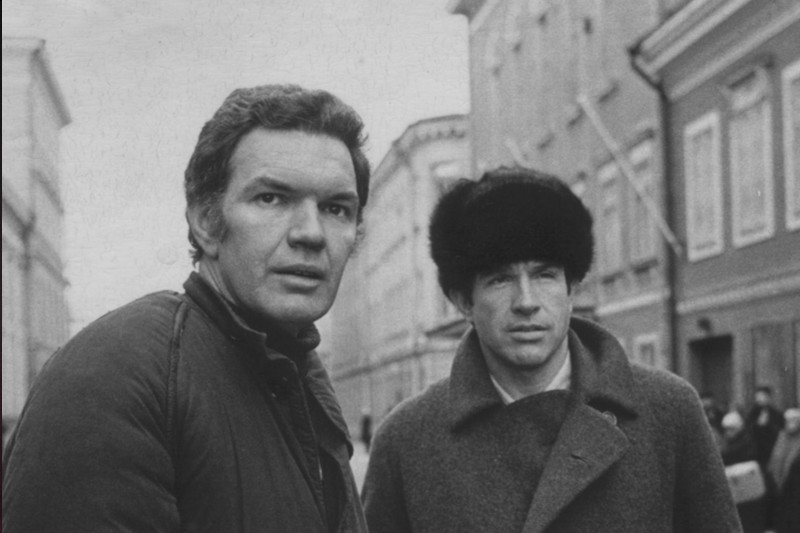Professor Andrew Spicer’s article argues the significance of the role played in the development of the British film industry in the 1970s by Bernard Delfont, working as head of EMI’s entertainment division that included film. In contradistinction to existing accounts, it is contended that Delfont provided dynamic leadership to the corporation’s policies through the skills and knowledge he had developed as a highly successful theatrical impresario, even if he lacked a detailed understanding of the film industry. Delfont made a series of bold choices. The first was to appoint Bryan Forbes as Head of Film Production in an imaginative attempt to revitalise the British film industry using indigenous resources and talent. The commercial failure of this initiative occasioned Forbes’s departure and a more cautious regime under the direction of Nat Cohen. Faced with a rapidly shrinking domestic market, Delfont decided that a thoroughgoing internationalism was the only way to sustain EMI’s film business. He sidelined Cohen by appointing two young ‘buccaneers’, Michael Deeley and Barry Spikings in May 1976 to pursue a policy of investing in Hollywood films and producing ‘American’ films financed by British money. This radical strategy was controversial and reconfigured EMI as a ‘supranational’ rather than national film producer. This was intensified by Delfont’s boldest move: establishing Associated Film Distributors (AFD) in July 1979, in partnership with his brother Lew Grade’s Associated Communication Company, to distribute their companies’ films and become a major Hollywood player. Its failure, after only 20 months, coupled with spectacular production losses effectively ended both companies as important film production units. Delfont’s career demonstrates the wider significance of the risk-taking impresario in understanding British film as a business enterprise, the importance of the policies and tastes of studio heads and the need to reposition the film industry as part of wider entertainment and leisure provision.



